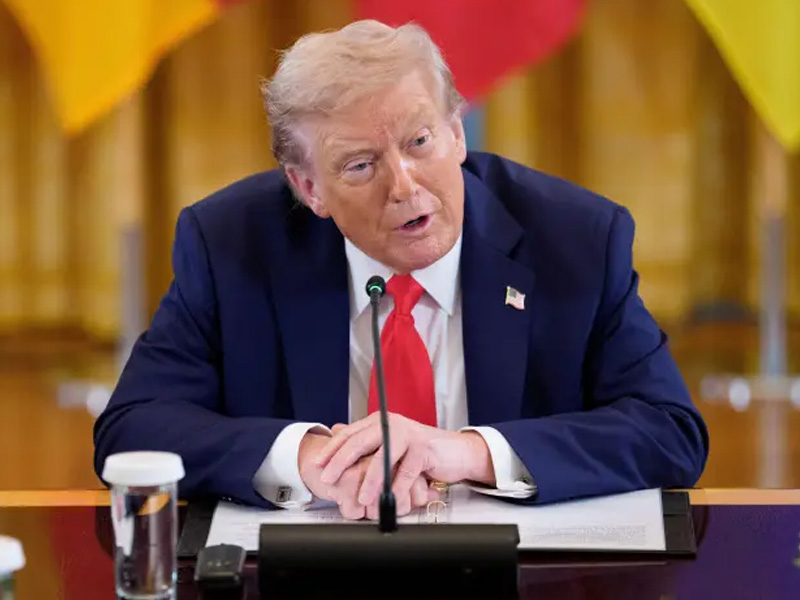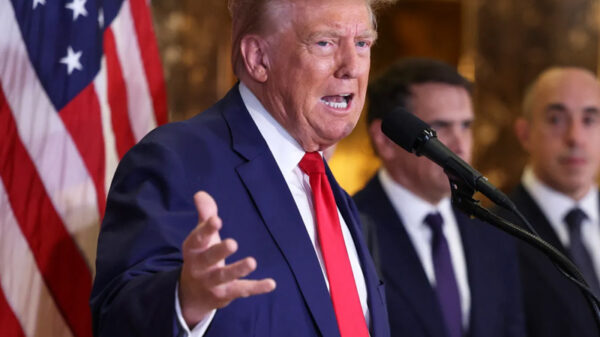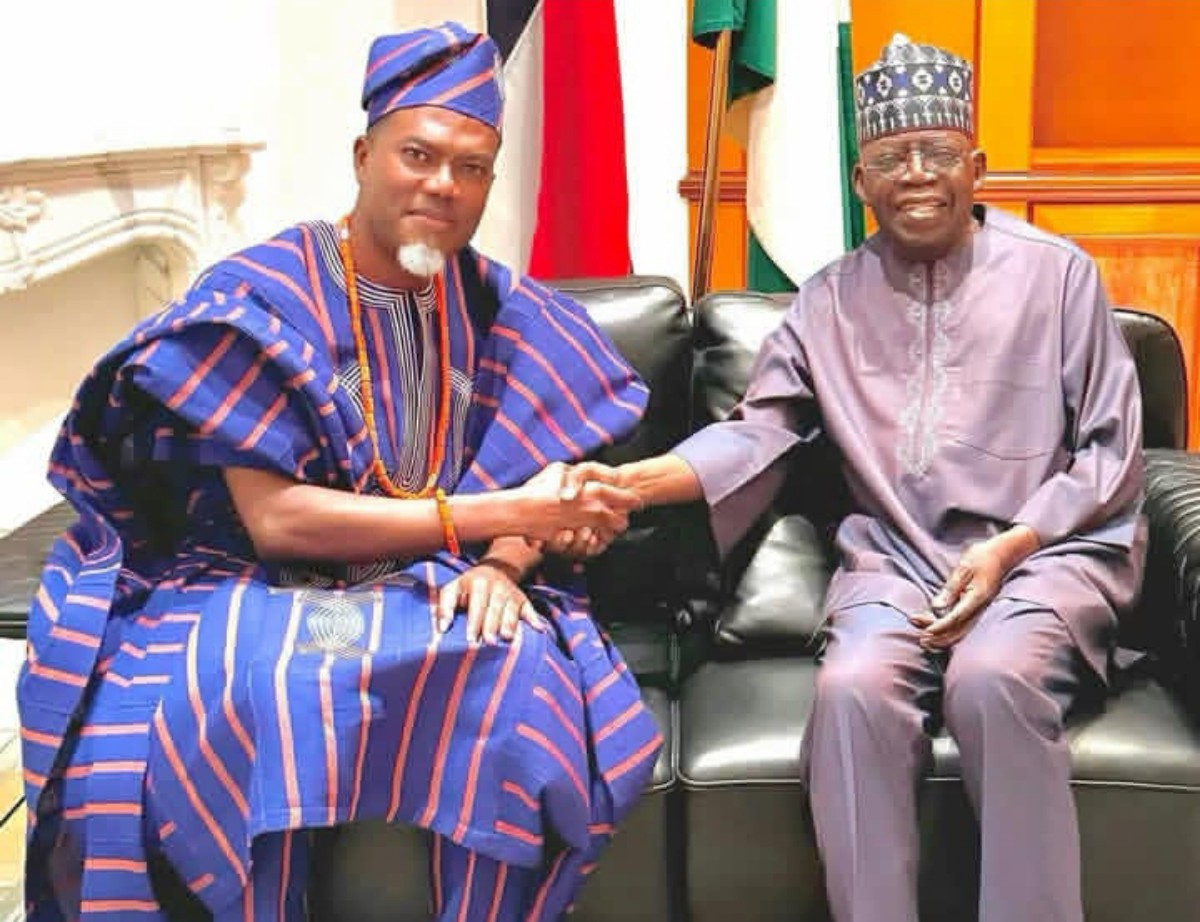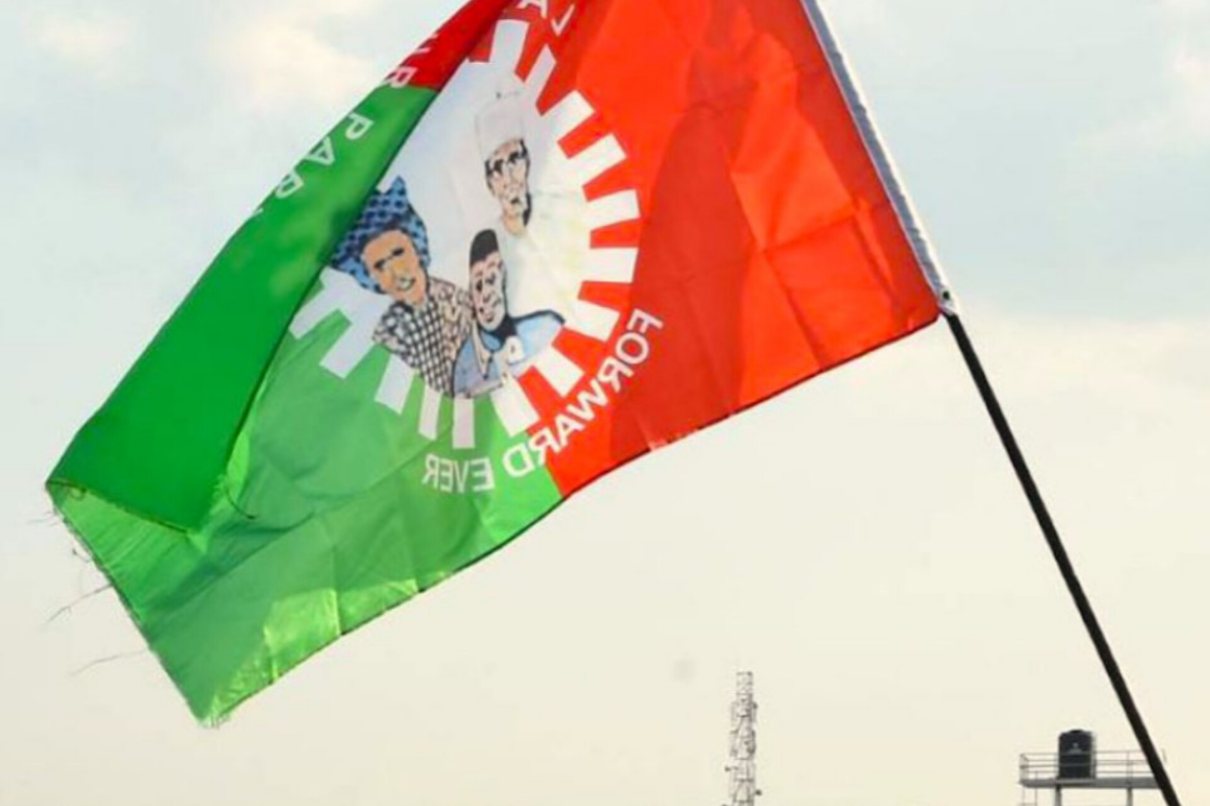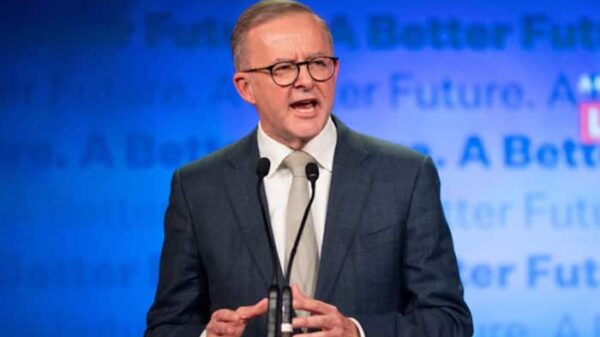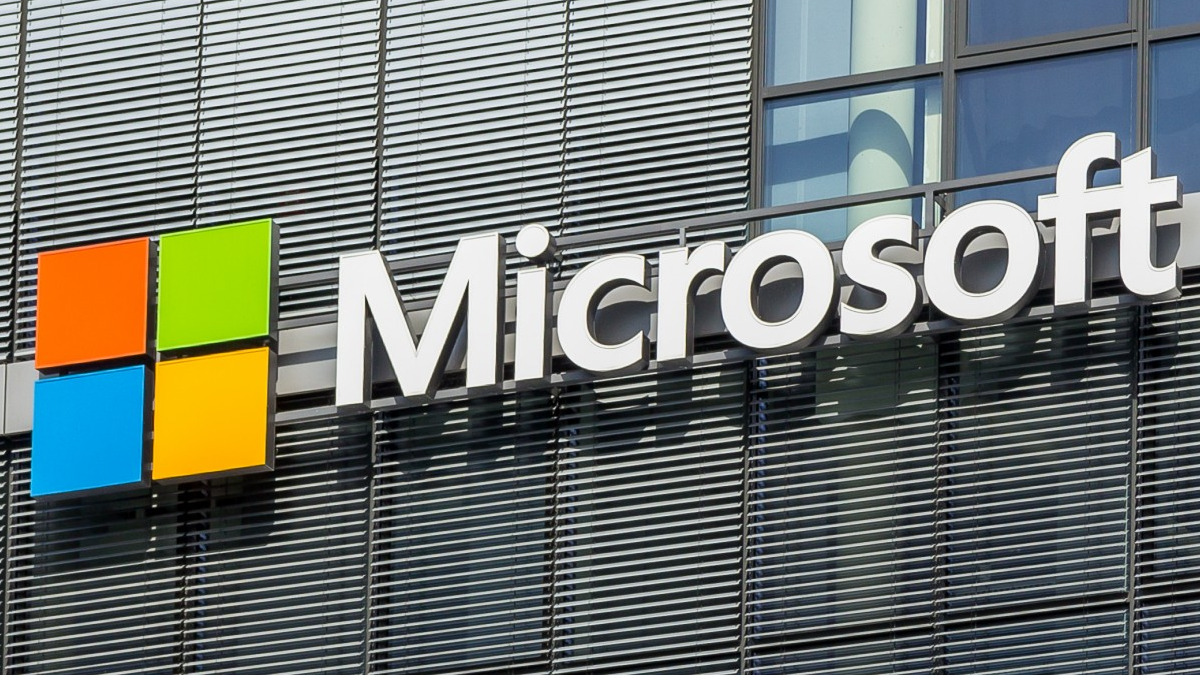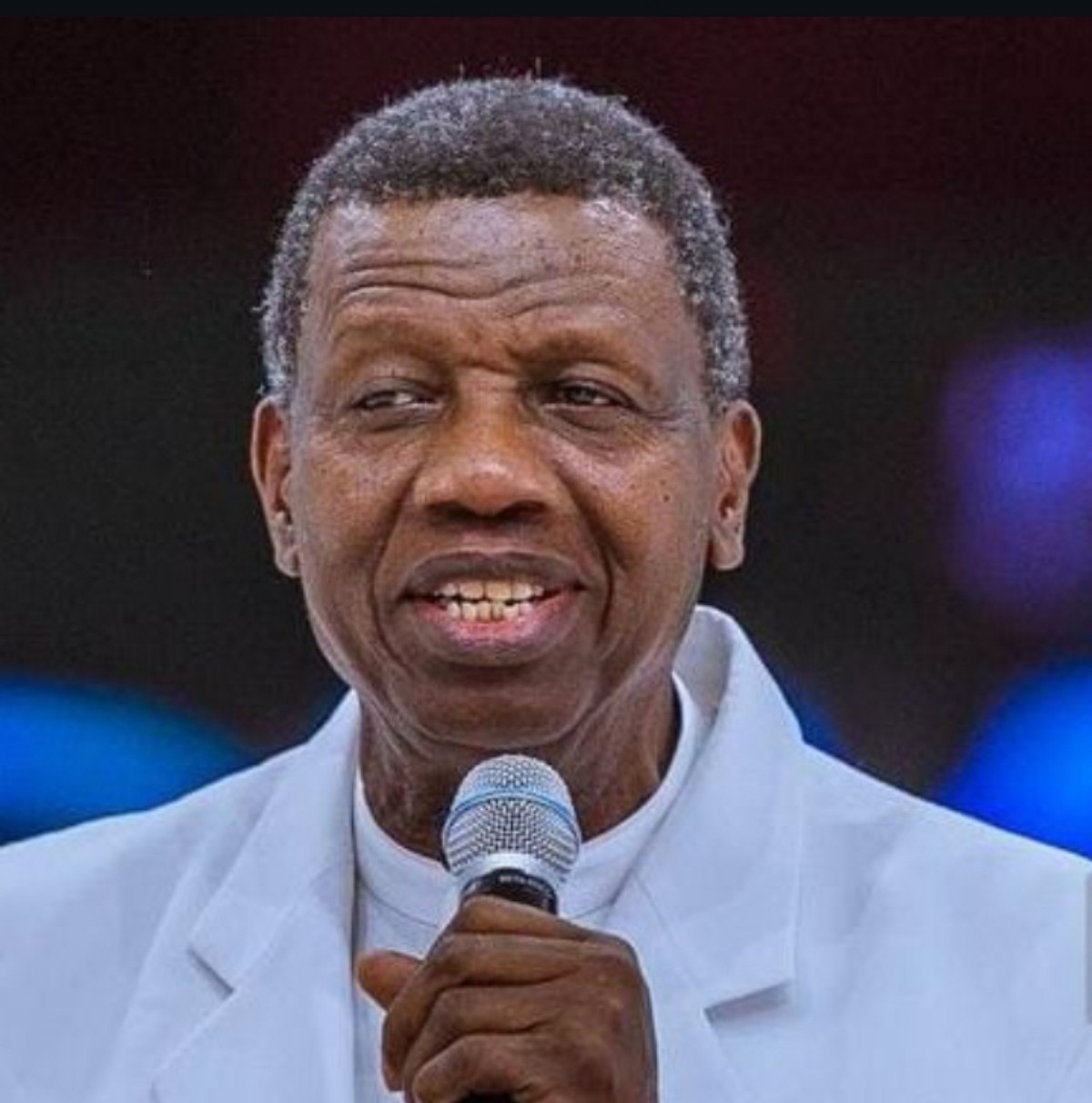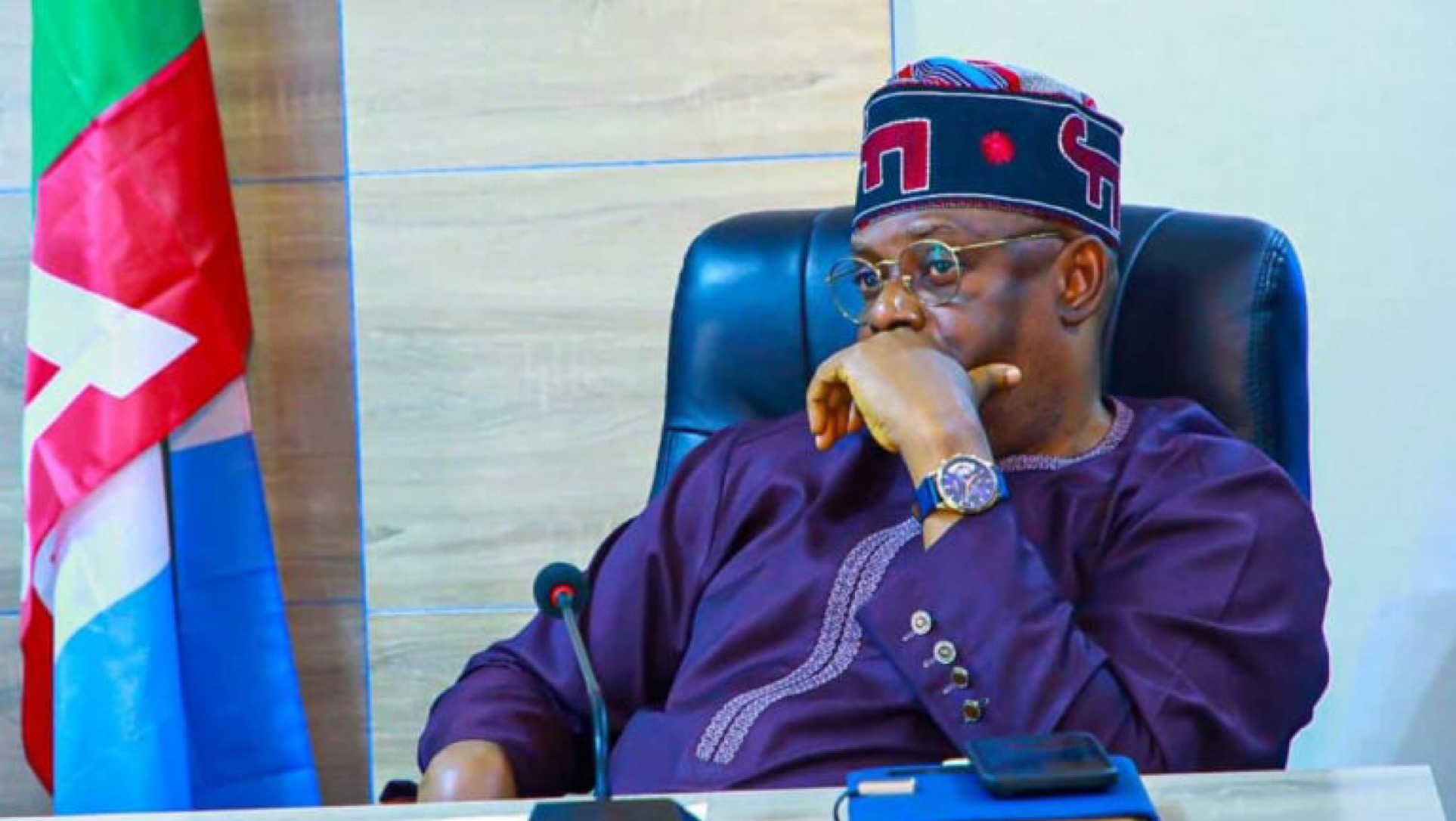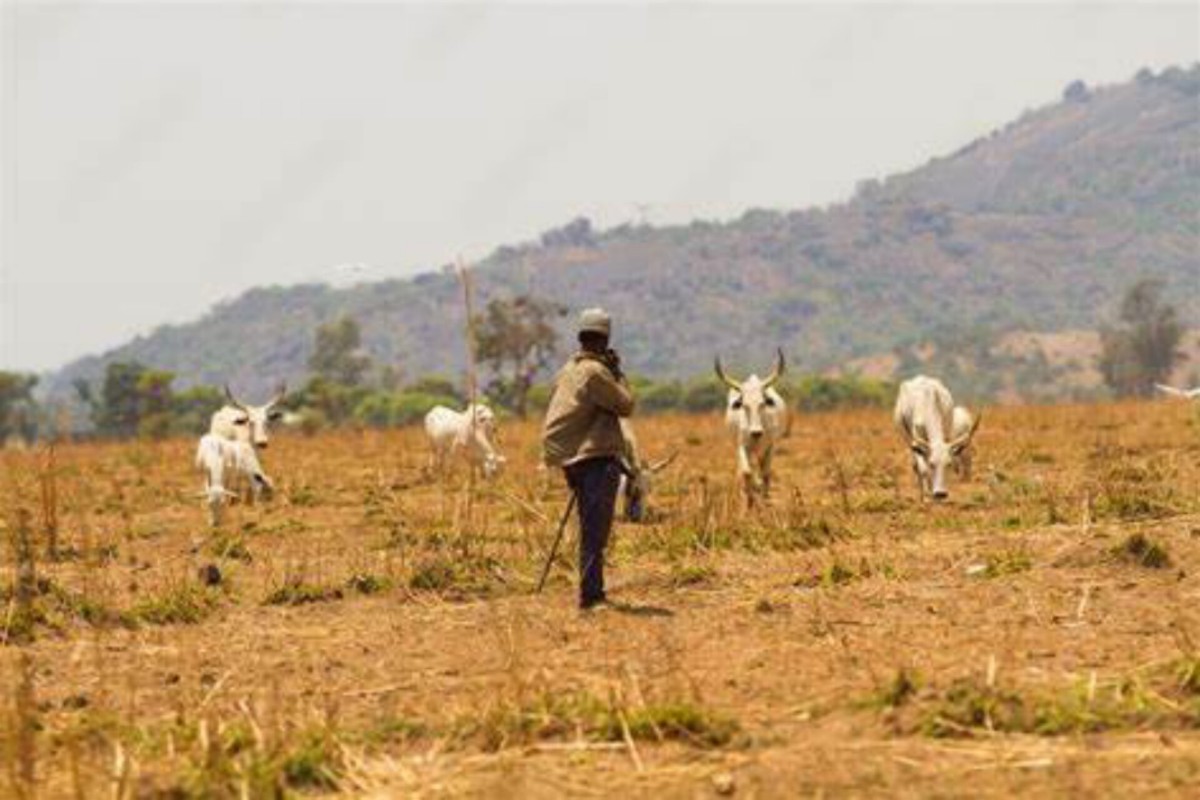
In a surprising turn of events, Nigeria’s sovereign bonds experienced a notable dip on Monday following U.S. President Donald Trump’s recent warning of potential military action. The President asserted that if the Nigerian government fails to protect Christians, the U.S. military might be called upon to deploy troops or even execute airstrikes to address what he described as escalating violence against this community.
The market felt the tremors particularly in the longer-dated bonds. For instance, the 2051 bonds fell by around 0.5 cents before partially rebounding to just under 92 cents on the dollar, while many other emerging market bonds remained steady amid the uncertainty.
In a rebuttal to Trump’s comments, Nigerian officials expressed their openness to U.S. assistance in combating the country’s ongoing struggle with Islamist insurgencies, but emphasized the importance of maintaining the nation’s territorial integrity. Nigeria is grappling with an array of security challenges, including rampant insurgencies in the Northeast, banditry in the Northwest, and violent confrontations between farmers and herders in the Middle Belt. Last year alone, these conflicts claimed around 3,570 civilian lives, according to data from the Armed Conflict Location and Event Data Project.
Despite the looming threats, investor sentiment has remained surprisingly steady. The Head of Africa Strategy at Standard Chartered in London remarked on the situation, “The dip seems contained and has partly reversed since,” illustrating a resilience in the market.
This year has seen robust foreign investment in Nigeria, bolstered by significant economic reforms initiated by President Bola Tinubu, including the controversial removal of fuel subsidies and a strategic devaluation of the naira. Nigerian equities have soared about 65% in U.S. dollar terms year-to-date, establishing Nigeria as the leading performer in African emerging markets, following closely behind Ghana.
Bond spreads have also tightened, positioning Nigeria favorably as it eyes the possibility of issuing billions in new bonds this year. Fund manager Kevin Daly from Aberdeen predicted that the current situation is unlikely to escalate into a substantial market issue, anticipating that Nigerian officials will proactively engage with their U.S. counterparts to navigate this challenging landscape.
Interestingly, analysts point out that the regions in question are far removed from Nigeria’s oil-rich South and its bustling commercial epicenter, Lagos. Hasnain Malik of Tellimer noted, “U.S. military strikes, though still highly improbable, in the northern or central-north regions of Nigeria are unlikely to inflict significant economic damage, given the limited commercial activity in those areas.” He emphasized that Trump’s threats should be viewed as a “red herring for the investment case,” urging focus on the ongoing economic reforms and appealing valuations within Nigeria’s market.
In these uncertain times, the resilience of Nigeria’s economy and its investors may just emerge as the true story amidst the noise.


